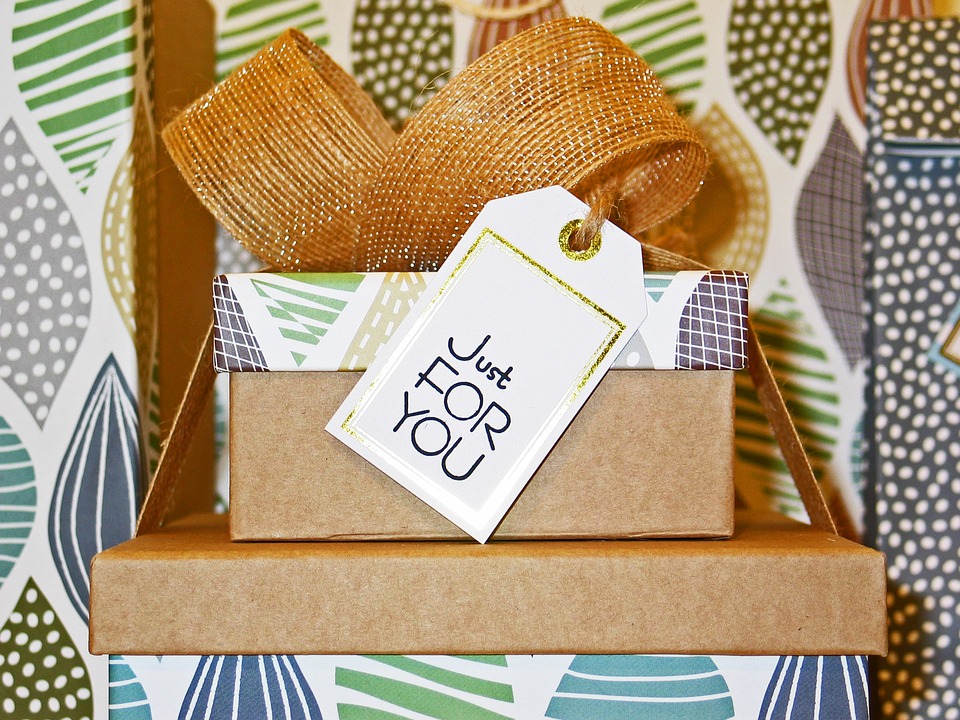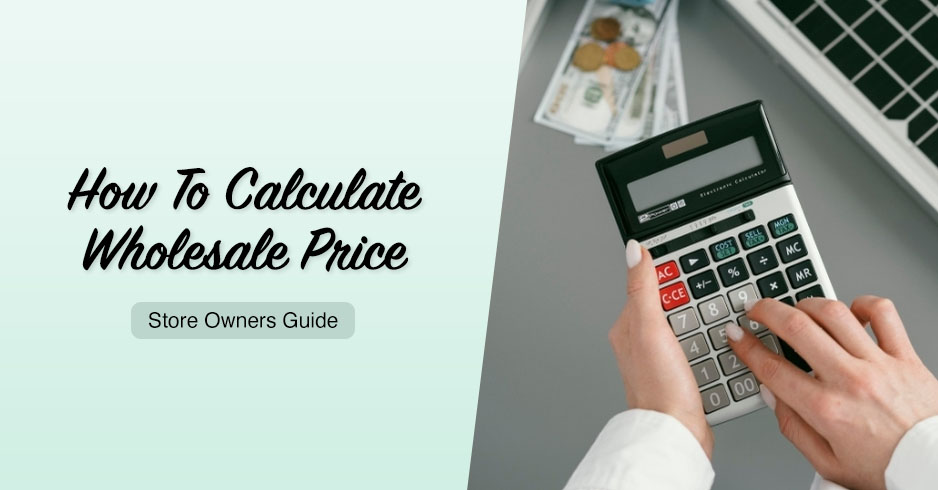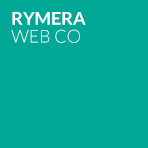Giveaways are a marketing strategy as old as, well, marketing. Giveaways put simply, are free products or services given to customers, or people you want to turn into customers. These freebies aren’t just handed out to people on a whim, but they are carefully and strategically planned, with a specific end result in mind: to gain more customers and make more sales.
How does giving away valuable stuff for free get you more customers and more sales?
You would be surprised.
People like getting things for free. What most don’t know is that every person that tries out your free product or service is a potential customer. A potential loyal, lifelong customer. Giveaways can be a customer magnet. When people get something for free, without any obligations, they react in many very surprising, mostly unconscious ways. The way people react usually results in the companies making huge sales and getting an even larger customer base as a reward for their seeming generosity.
How do Giveaways work?
- When your company introduces a new product or service on the market, the quickest way to get visibility and to gain traction is to give away free samples. It doesn’t really matter what it is you are selling. You can give out free samples and can even distribute free coupons. Giving out freebies before you have even make a sale may seem like a big risk to some sellers. Put yourself in the customer’s shoes though. Customers might be hesitant to pay for products or services they have never used. There is a big chance though that they won’t refuse a freebie. If they like it, then they will seek you out for more, and with money to pay this time. Make sure you know your target audience before handing out freebies. This is to avoid wasting your time and investment trying to appeal to people who might have no use for your product. Meet people in the store or in restaurants and give them free samples of your product; send coupons to those who religiously go through coupon circulars. If your product or service is good, they will be willing to pay for more.
- You can also give away products for free to create sales for other similar products that you are selling. Authors and booksellers use this method the most. By offering books for free for a certain period of time to customers, you are making the author more visible and more popular, generating more interest in their other works, thus, creating sales for them. Even when the books are no longer for free, the visibility they received from the free-book run will make customers buy them.
- You can use freebies to lead customers into stores or shops. This works by offering customers a free product or service leading them to go to the store. Once they are already there, it might entice them to buy things because they are already there. Offering free cologne can get customers into your perfume shop, where you can show them other bottles of perfume, which they can buy. The number of purchases will offset the cost of that free sample you give out.
- Free products and services are great for publicity too, something that you just can’t buy. Giving away free pizza to homeless people, or during a football rally, or during a book signing, is bound to get you plenty of free publicity. There is a possibility for media coverages like mentions on the radio and spreads in the papers, none of which you need to pay for. A promotional campaign that would have cost you a lot of money can be free because you gave out freebies. You can possibly even get a good brand reputation to boot.

Giveaways: Why They Work?
- Customers feel obligated to buy more when given free products or services: this is called the reciprocity principle. Even when you don’t ask for anything in return, the customer will feel like it is their obligation to give something in return. An example is that of 7-Eleven’s Free Slurpee Day. An American company, 7-Eleven declared a day of free Slurpees in all of its stores. Millions of free Slurpees were given out that day, and on that day 7-Eleven recorded a high level of sales and profit. This is because as people went in and got their free drink, they also bought something else.
- People think that freebies are more valuable than discounted items. Because one item has a price tag attached to it, people easily assign a value to it. As such, customers will be willing to pay a high amount of money for that item if you were to sell it to them.
- Free mystery gifts also increase sales. If you promote items that encourage customers to buy a product to get a free, surprise gift, chances are customers will take advantage of that.
Giveaways are a tried-and-tested psychological marketing strategy that works when strategically done. If you are not sure of whether you would like to do giveaways, plan it well and do it. In any case, people learning about your products is well worth the risk.



